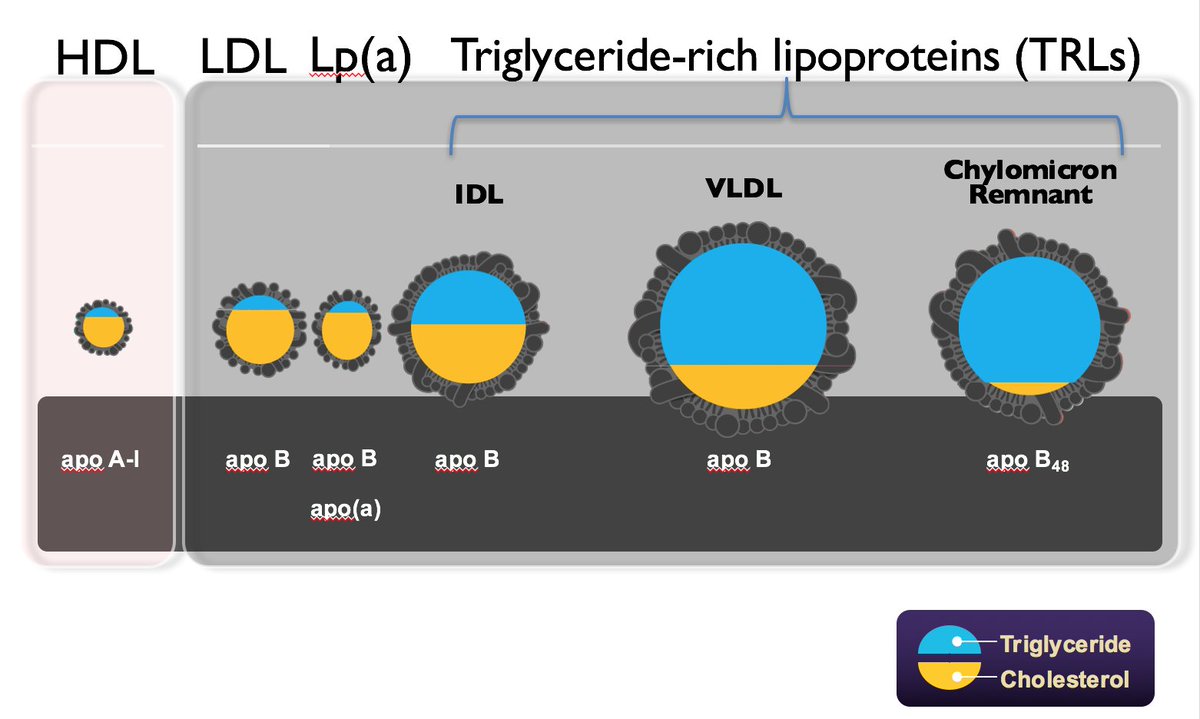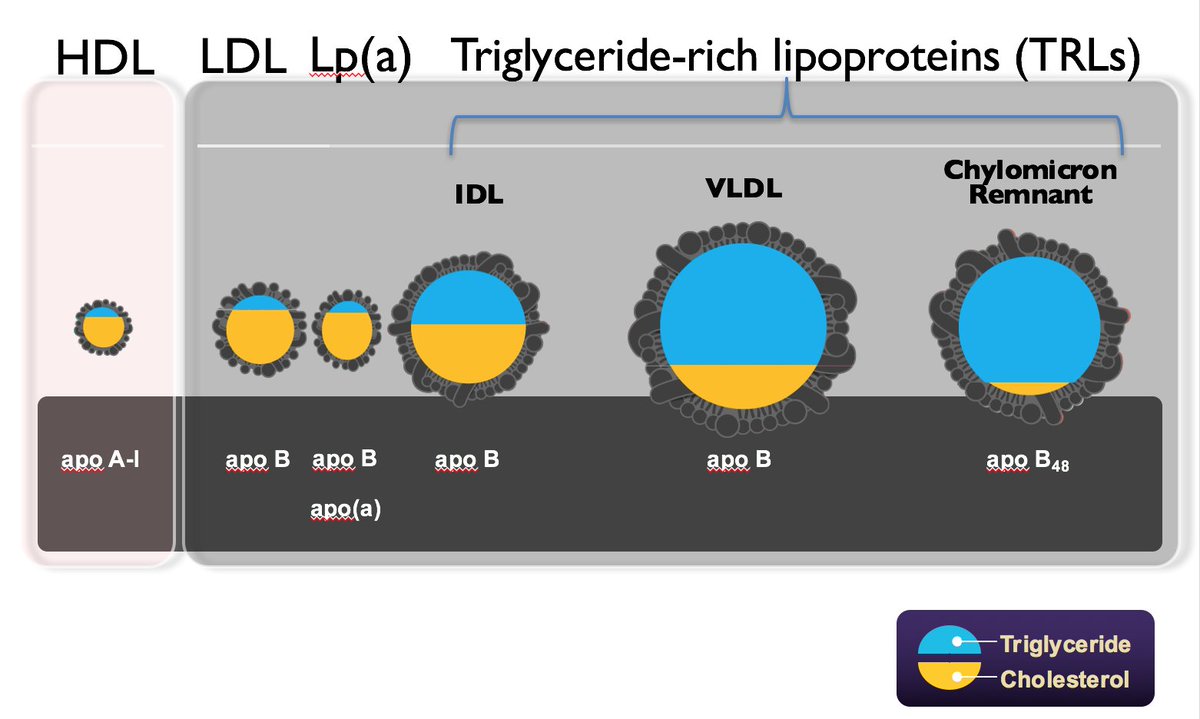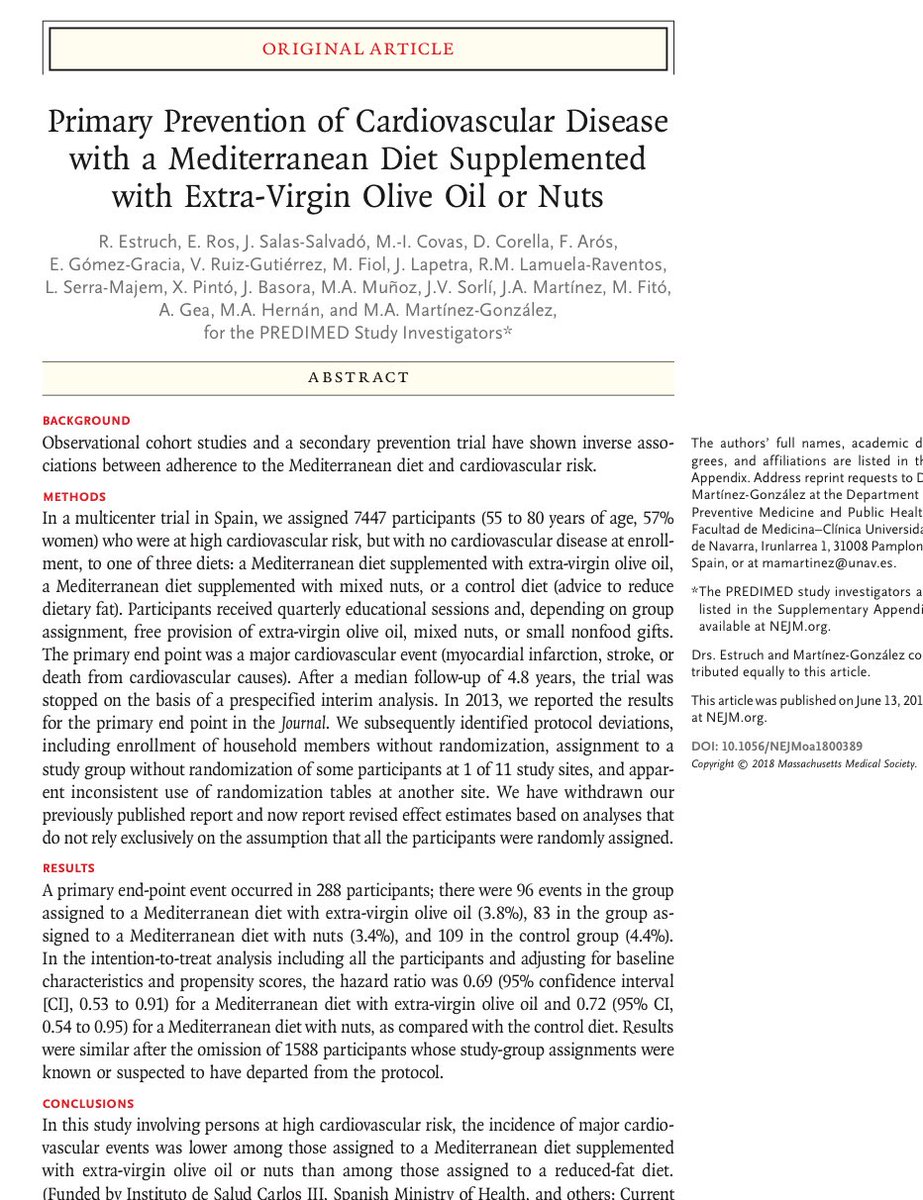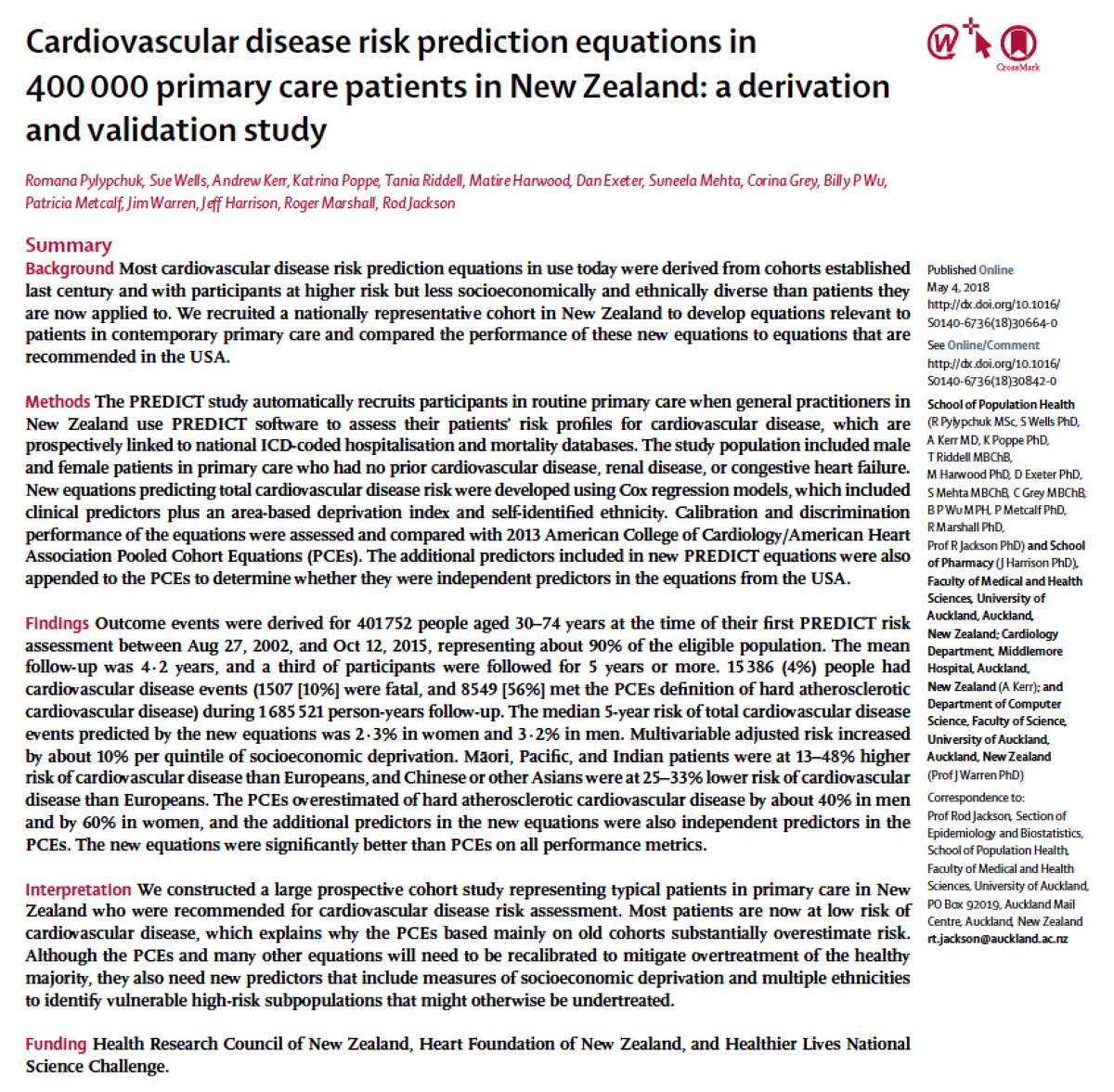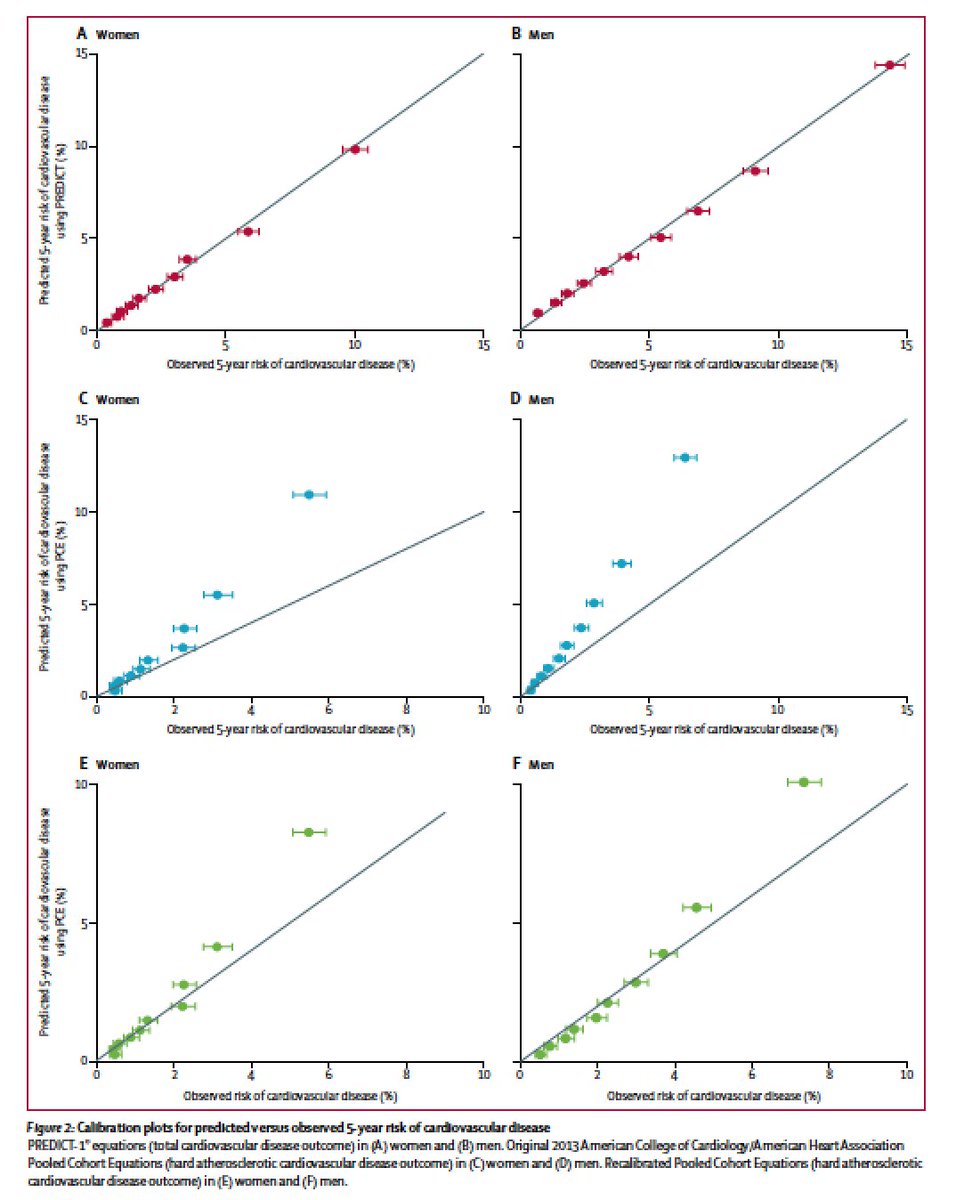Vascepa worked but full results expose that we don’t know why
A few thoughts
nejm.org/doi/pdf/10.105…
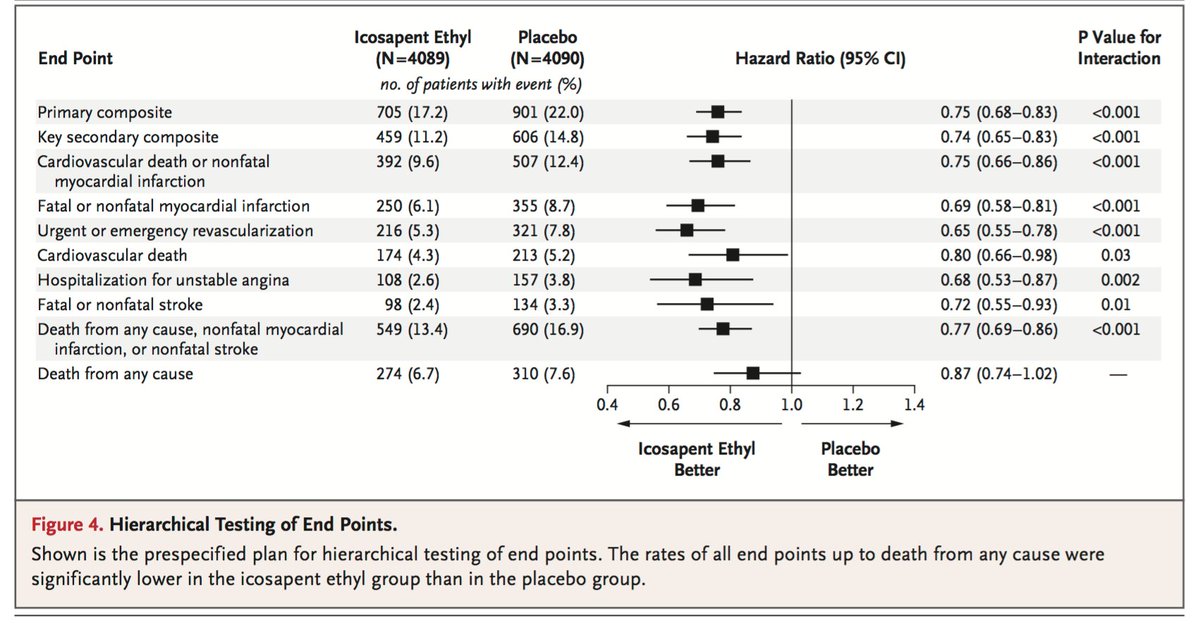
But, lipid difference does not explain the 25% RRR
A 15.5 mg/dl delta in non-HDL-C would be expected to alter CVD by only about 10%
👇🏽
nejm.org/doi/full/10.10…
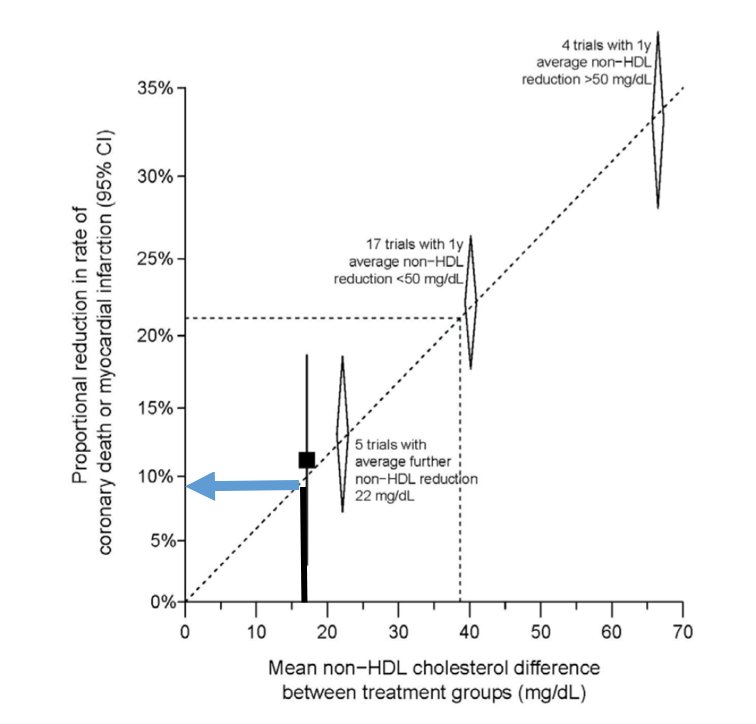
lots of in vitro evidence for these effects
but also some human evidence from this trial
higher bleeding rate in those Rx with Vascepa
lower rate of CV death
jamanetwork.com/journals/jama/…
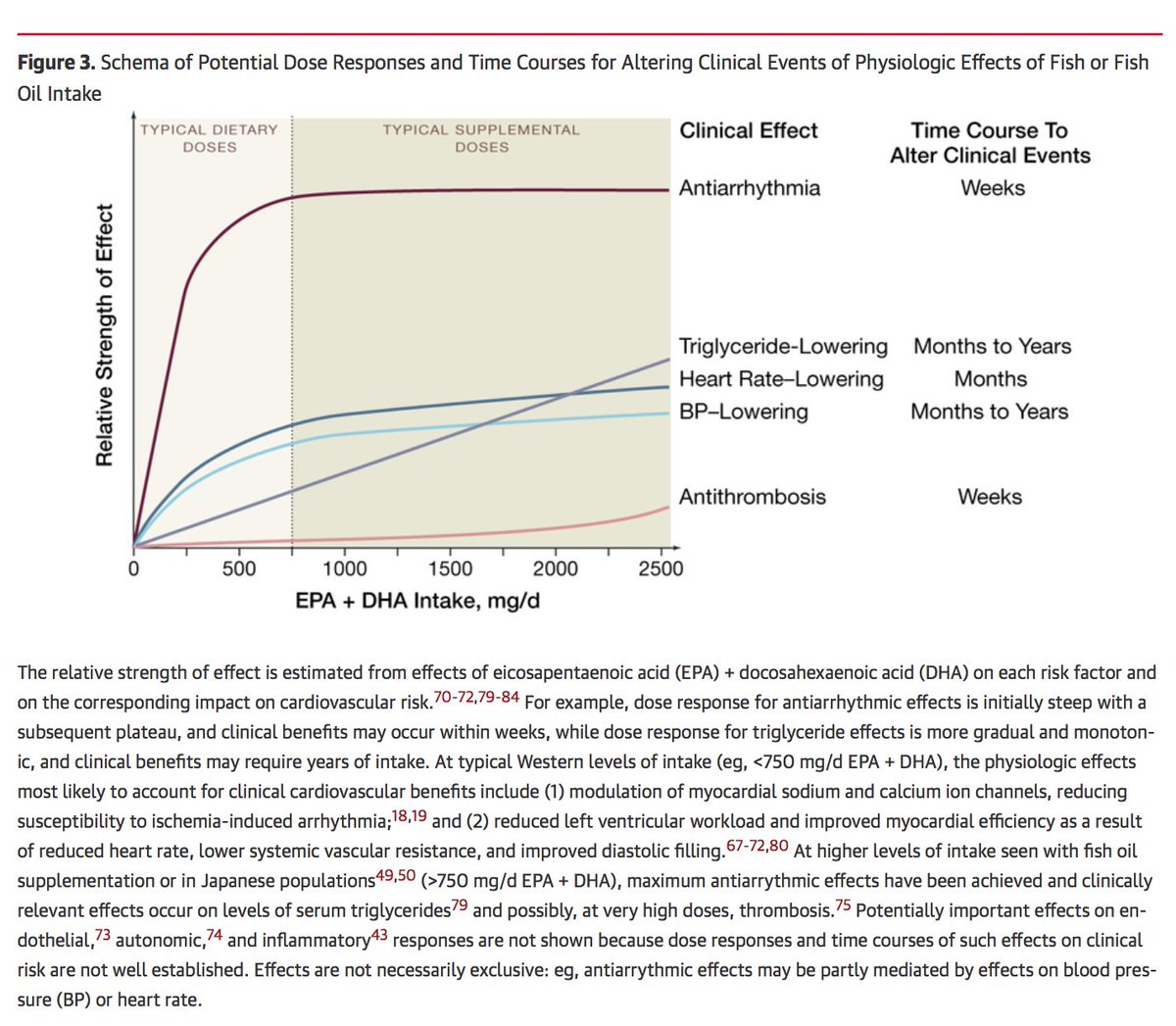
*4mg due to lowering in Vascepa arm
*12 due to INCREASE non-HDL-C in mineral oil arm
From a quantitative analysis, NO (a 12 mg/dl increase in non-HDL-C would explain about 7% RRR)
IMO, the placebo increase doesn’t compromise the integrity of the trial result
Vascepa worked but we don’t know why:
most likely a mix of TG-lowering,
antithrombotic,
anti arrhythmic
(and cannot rule out trial issue of LDL rise in placebo)
YES, a reasonable option for patients
But, would love to see confirmation in a second trial
nejm.org/doi/full/10.10…
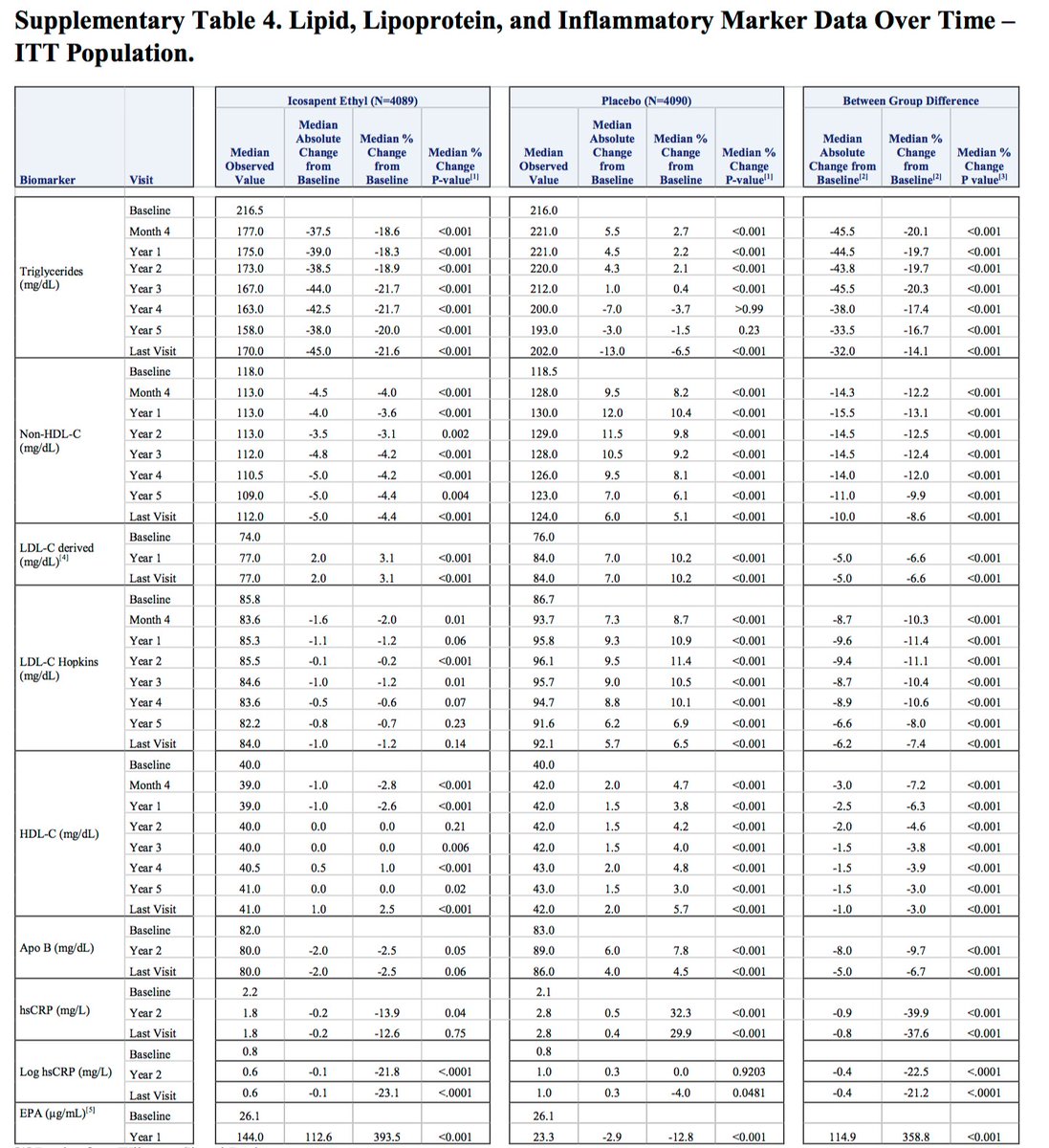
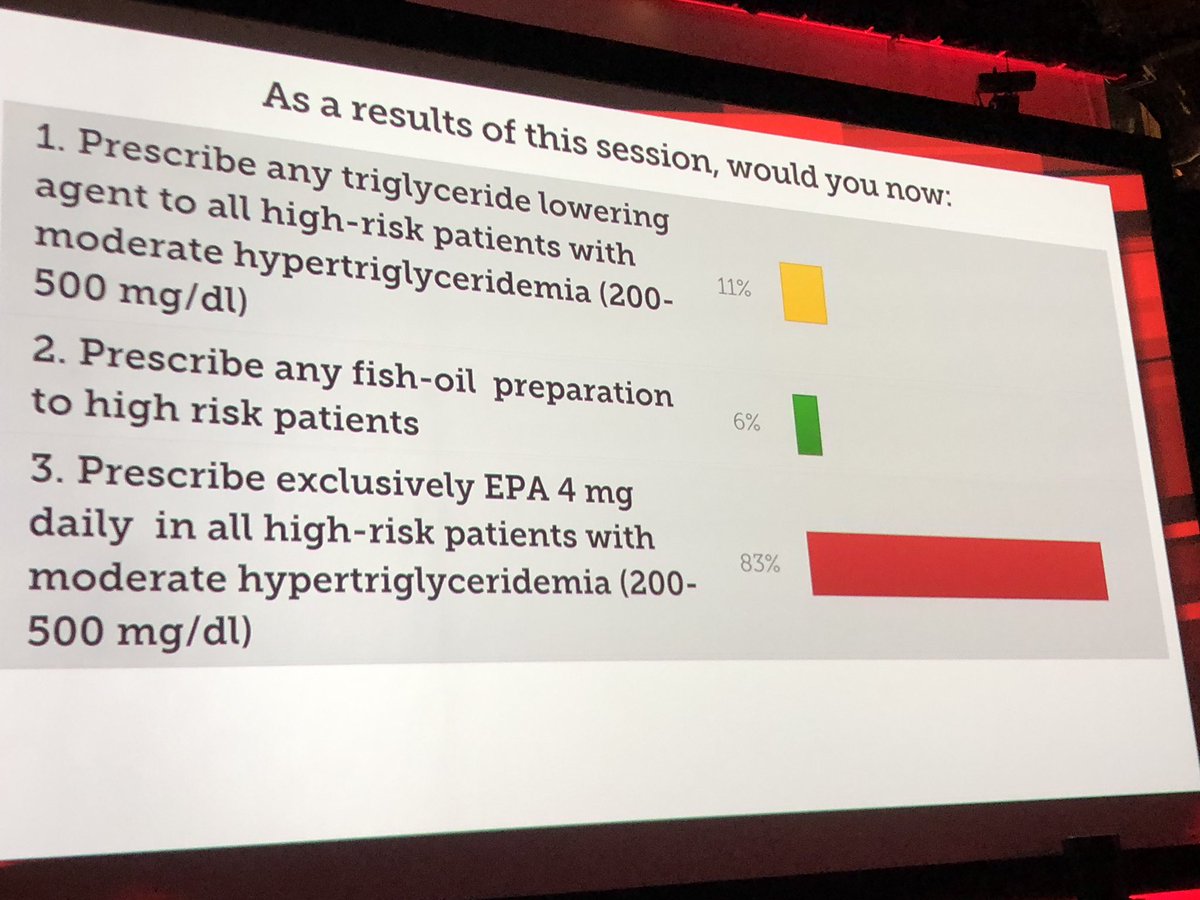
1. didn’t seem too bothered by the rise lipids in placebo (he attributed to regression to mean +- mineral oil)
2. seemed super impressed by effect size (25% RRR)
1. Benefit of Vascepa not proportional to TG change
2. Benefit of Vascepa did not vary by baseline or achieved TG
So, REDUCE-IT data do not clearly speak to TRL hypothesis
should this medicine be tested in all-comers with ASCVD (without a high TG entry criteria)?

